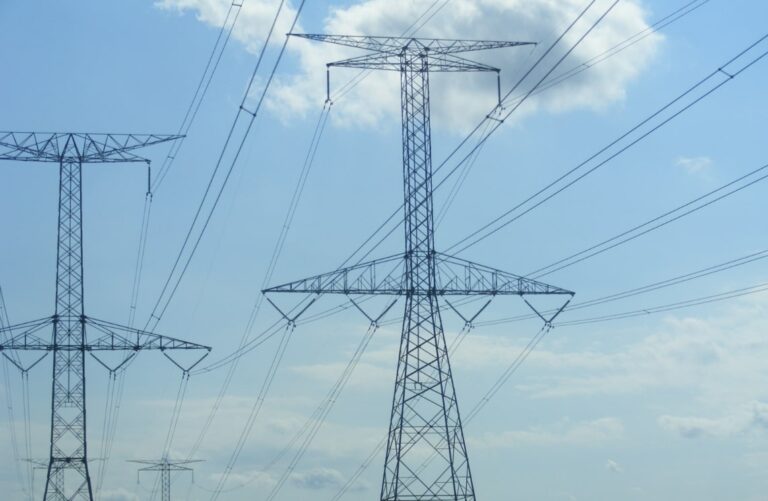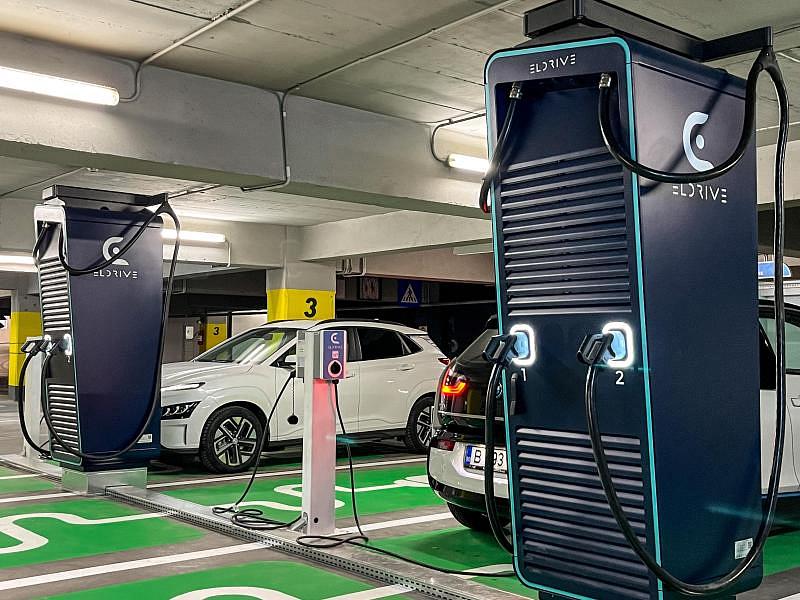Historic Pledge for Climate Action
Nations convening at COP28, the 28th Conference of Parties to the Climate Change Convention, have committed to a groundbreaking transition away from fossil fuels. This significant move aims to prevent global temperatures from surpassing the critical 1.5 degrees centigrade threshold, marking a crucial tipping point towards catastrophic climate impacts.
High Ambition Amidst Challenges
Despite considerable pressure from oil and gas interests, countries advocating for stricter greenhouse gas emission restrictions, known as “high ambition countries,” stood firm in their commitment. Ani Dasgupta, President of the World Resources Institute, applauds this historic outcome as the initiation of the end of the fossil fuel era.
Nuances in the Agreement
A crucial nuance in the COP28 agreement emerges: the emphasis on “transitioning away” from fossil fuels rather than an immediate “phasing out.” UN Secretary-General Antonio Guterres expresses disappointment, underscoring the need for a clear timeline and a complete abandonment of fossil fuels.
2050 Deadline and Net Zero Imperative
While the 2050 deadline doesn’t mandate the complete elimination of fossil fuels, it aims for a level where their greenhouse gas output is neutralized through technologies like carbon capture. Guterres emphasizes that achieving the 1.5-degree target is impossible without a complete phase-out of all fossil fuels, stressing the urgency of the transition.
Global Energy Landscape and Future Pathways
The International Energy Agency (IEA) provides insights into the world’s oil demand and global coal consumption, noting regional disparities. The COP28 agreement highlights the importance of accelerating the adoption of zero- and low-emission technologies, tripling global renewable energy capacity, and doubling the annual rate of energy efficiency improvements by 2030. This includes prioritizing zero and low-emission technologies in road transportation.
Source:sentinelassam.com





